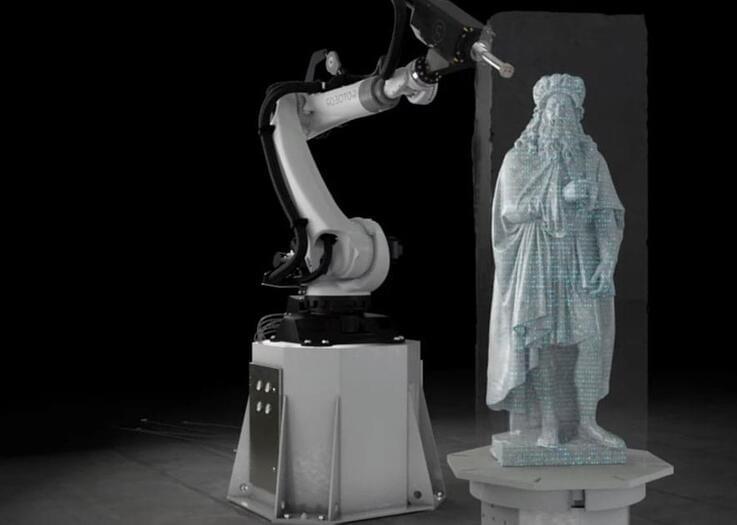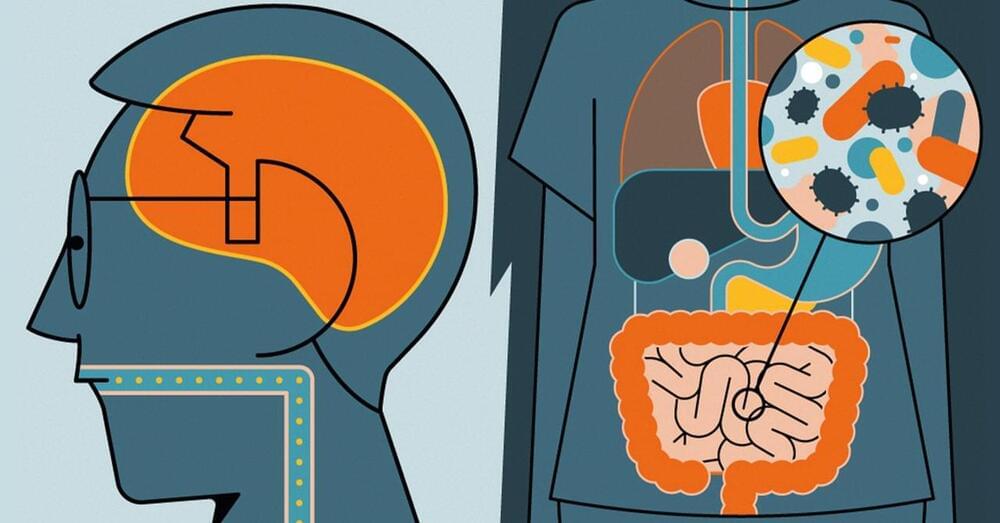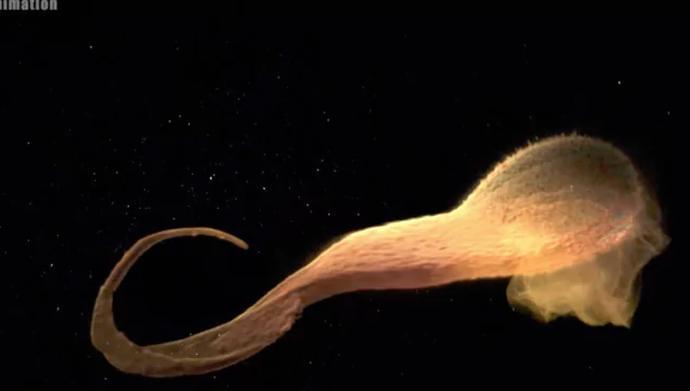Jan 16, 2023
Study finds active galactic nuclei are even more powerful than thought
Posted by Saúl Morales Rodriguéz in categories: cosmology, particle physics
Powered by supermassive black holes swallowing matter in the centers of galaxies, active galactic nuclei are the most powerful compact steady sources of energy in the universe. The brightest active galactic nuclei have long been known to far outshine the combined light of the billions of stars in their host galaxies.
A new study indicates that scientists have substantially underestimated the energy output of these objects by not recognizing the extent to which their light is dimmed by dust.
“When there are intervening small particles along our line of sight, this makes things behind them look dimmer. We see this at sunset on any clear day when the sun looks fainter,” said Martin Gaskell, a research associate in astronomy and astrophysics at UC Santa Cruz.
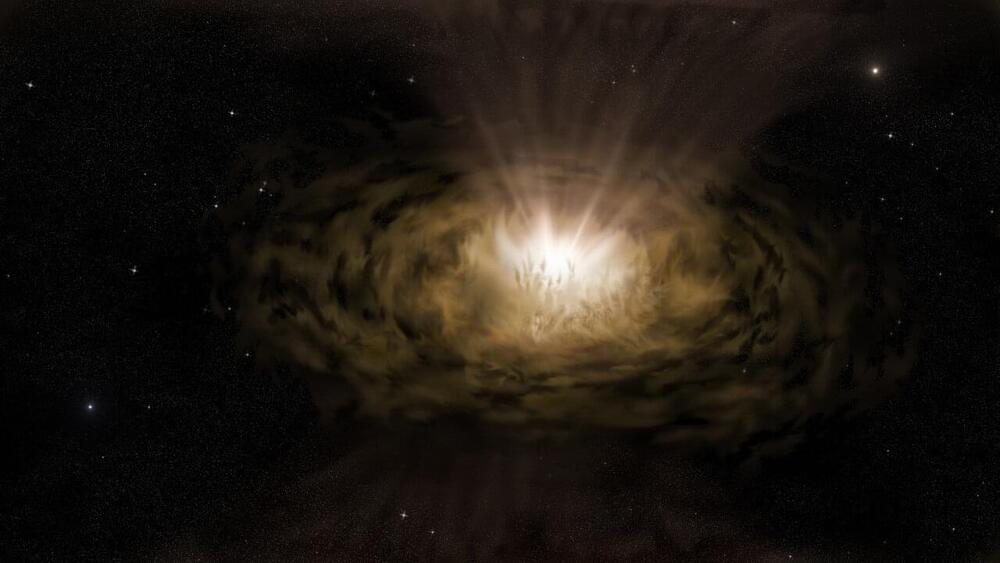
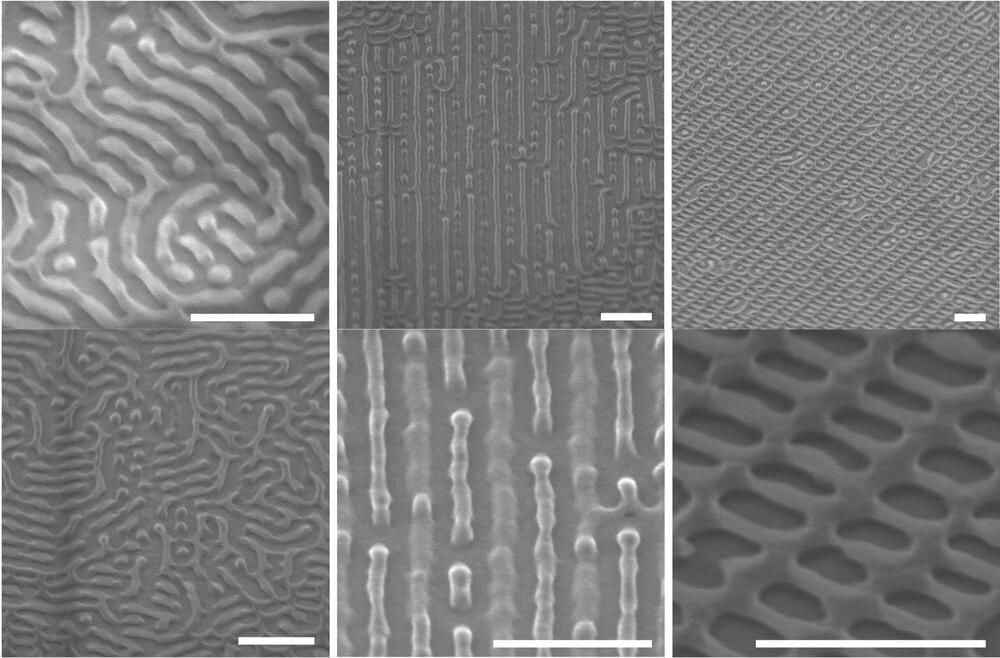
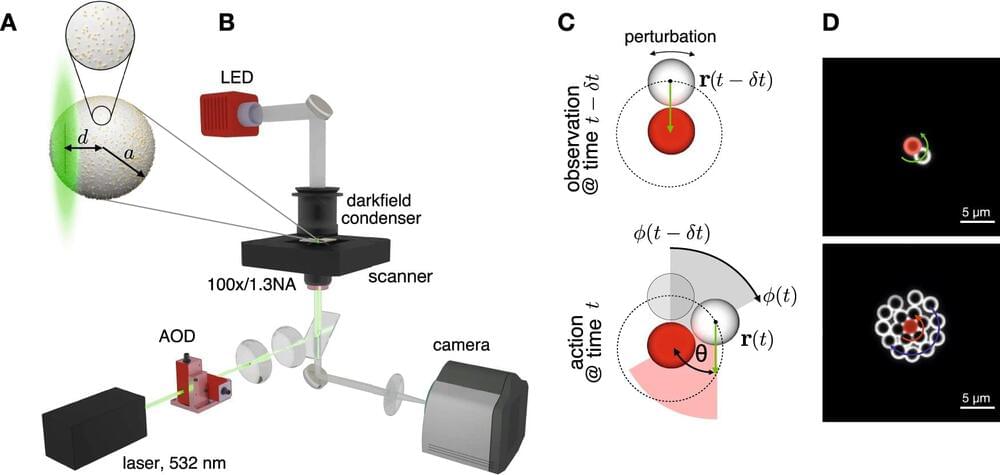
 The maximum lifespan varies more than 100-fold in mammals. This experiment of nature may uncover of the evolutionary forces and molecular features that define longevity. To understand the relationship between gene expression variation and maximum lifespan, we carried out a comparative transcriptomics analysis of liver, kidney, and brain tissues of 106 mammalian species. We found that expression is largely conserved and very limited genes exhibit common expression patterns with longevity in all the three organs analyzed. However, many pathways, e.g., “Insulin signaling pathway”, and “FoxO signaling pathway”, show accumulated correlations with maximum lifespan across mammals. Analyses of selection features further reveal that methionine restriction related genes whose expressions associated with longevity, are under strong selection in long-lived mammals, suggesting that a common approach could be utilized by natural selection and artificial intervention to control lifespan. These results suggest that natural lifespan regulation via gene expression is likely to be driven through polygenic model and indirect selection.
The maximum lifespan varies more than 100-fold in mammals. This experiment of nature may uncover of the evolutionary forces and molecular features that define longevity. To understand the relationship between gene expression variation and maximum lifespan, we carried out a comparative transcriptomics analysis of liver, kidney, and brain tissues of 106 mammalian species. We found that expression is largely conserved and very limited genes exhibit common expression patterns with longevity in all the three organs analyzed. However, many pathways, e.g., “Insulin signaling pathway”, and “FoxO signaling pathway”, show accumulated correlations with maximum lifespan across mammals. Analyses of selection features further reveal that methionine restriction related genes whose expressions associated with longevity, are under strong selection in long-lived mammals, suggesting that a common approach could be utilized by natural selection and artificial intervention to control lifespan. These results suggest that natural lifespan regulation via gene expression is likely to be driven through polygenic model and indirect selection.
